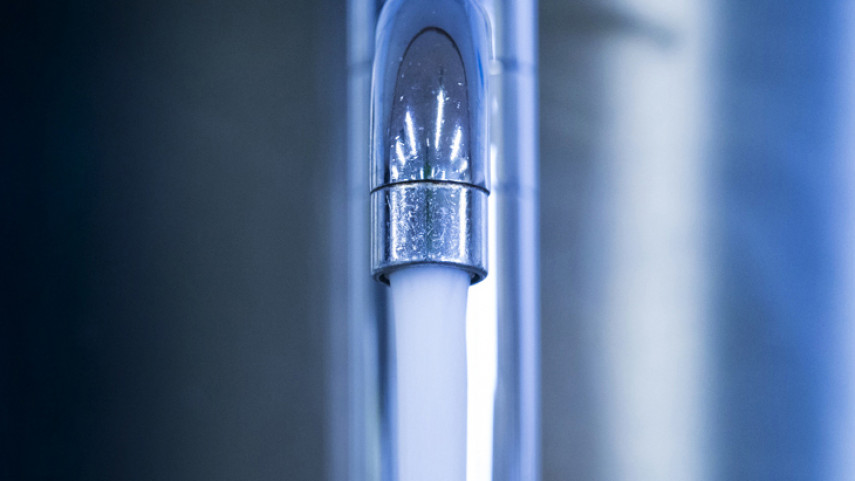
Decision looms on stage one water reforms

Share this story
Christchurch City Council will decide next week whether to take part in the first stage of the Government’s water reforms.
At a special Council meeting on Tuesday, elected members will decide if they are willing to sign a Memorandum of Understanding (MOU) with the Government, and enter the first stage of the reform process.
Signing the MOU will commit the Council to sharing information on its water network and services with the Government and neighbouring councils.
It will also commit the Council to working constructively with the Government and other parties on how three water services – drinking water, wastewater and stormwater – could be delivered in a more financially sustainable way.
The MOU is non-binding and does not commit the Council to the second stage of the Government’s water reforms, which is expected to involve councils joining together on a regional or multi-regional level to set up new entities to deliver water services.
The detail of these possible entities, including the size of them, is yet to be determined.
A report prepared for Tuesday’s Council meeting notes that if the Council enters into the MOU, it will receive a stimulus investment grant of $20.26 million from the Government to spend on three waters infrastructure and service delivery.
It will also receive a share of a $50 million regional grant if at least two-thirds of councils in Canterbury also decide to enter into an MOU with the Government.
The extra funding would enable the early delivery of a significant amount of ‘shovel-ready’ work on Christchurch’s water supply network.
Read the report on the Central Government Reform of Water Services.
The Government’s water reforms were sparked by the findings of an inquiry into the 2016 campylobacter outbreak in Havelock North that was traced back to contamination of the town’s drinking water supply.
The inquiry identified a widespread systemic failure to meet the standards required for the safe supply of drinking water to the public and made a number of urgent and longer-term recommendations to address the issues.
A subsequent Three Waters Review, led by the Minister of Local Government, highlighted that in many parts of the country communities cannot be confident that drinking water is safe, or that good environmental outcomes are being achieved for wastewater and stormwater.
The Three Waters Review also raised concerns about the regulation, financial sustainability, capacity and capability of a system with a large number of localised providers, many of which are funded by relatively small populations.
The Council will also consider a report on Tuesday about the findings of its own review into the delivery of Three Waters services. That review suggests improvements in service delivery and cost savings could be made if the Council moved to having a stand-alone business unit to deliver drinking water and wastewater services.
However, Council staff are recommending continuing with the current delivery arrangements for Three Waters, at least until there is more clarity over the shape of the Government's water reforms.
Read the report on the Three Waters Section 17A Review.
*Tuesday’s Council meeting is open to the public. It is being held in the Council Chamber on the second floor of the Civic Offices in Hereford Street. The meeting, which begins at 9.30am, will also be live-streamed so people can watch the decision-making process.
